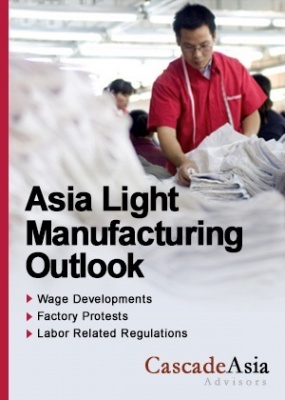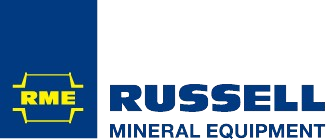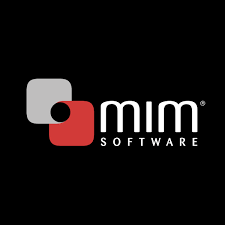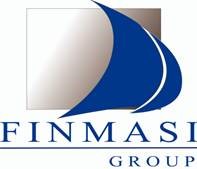
Our collection of resources based on what we have learned on the ground
Resources
Q&A
What is the history of China's tax policy?

- February 2016
- Members Access
In 1950, The Implementation Standards of National Tax Policies was first put into effect by the State Council (known at the time as The Government Administration Council) to lay a legal framework for nationwide taxation in China. In 1978, Deng ...
Q&A
What organization is the highest tax authority in China?

- February 2016
- Free Access
China’s highest tax authority is The State Administration of Taxation (SAT), who sits directly below the State Council. Given its position, the SAT handles a multitude of tasks. It oversees the country’s tax system, drafts nat...
Q&A
What methods do China’s State Administration of Taxation and Ministry of Finan...

- February 2016
- Members Access
China’s consumption tax can be applied to a wide range of products ranging from high energy products like cars, to those deemed luxury items and nonessentials. As a result, consumption tax rates vary considerably. Once the tax rate ...
Q&A
What is a fapiao?

- February 2016
- Members Access
A fapiao is the Chinese name for value-added tax (VAT) invoices that are administered by the tax authorities to monitor the tax paid on transactions. Businesses are required to purchase fapiaos based on the sales revenue they believe that they ...
Q&A
What is a parcel tax?

- February 2016
- Members Access
A parcel tax is a tax levied on products sold by foreign exporters to Chinese consumers that amount to, or exceed RMB 50. The tax also applies to imported goods bought online on cross border e-commerce platforms. The parcel tax rate split...
Q&A
What is the significance of China’s resource tax reform that was produced by t...

- February 2016
- Members Access
The resource tax reform aims to promote the conservation of China’s domestically produced natural resources such as coal and natural gas. The government-issued reform dictates that the tax rates on these resources will be based on local s...
Q&A
What factors must an overseas parent company consider when translating the finan...

- February 2016
- Members Access
Translating financial reports between an international parent company and a Chinese subsidiary can often be a fairly complex task. Each company is required to follow specific accounting standards based on the country that they reside in. ...
Q&A
What is the significance of the Foreign Account Tax Compliance Act (FATCA) for A...

- February 2016
- Members Access
The Foreign Account Tax Compliance Act (FATCA) is specifically designed to counter tax evasion. In cooperation with the Chinese government, financial institutions based in China are required by law to present the US government with information ...
Q&A
Why would an employee choose restricted stock units (RSUs) over monetary bonuses...

- February 2016
- Members Access
Restricted stock units (RSUs) are convenient forms of compensation that offer an array of benefits to employees seeking long-term employment with a company. This form of company stock is disbursed to an employee based on level of performance an...
partner-publication
Asia Light Manufacturing Outlook: February 2016

- February 2016
- US $40
The February 2016 Issue of the Asia Light Manufacturing Outlook report is a 4-5 page executive-ready assessment and outlook designed to help companies anticipate labor risks and dynamics across key manufacturing countries in Asia. Countries of covera...
podcast
E-commerce in China

- February 2016
- Free Access
Sabrina Zhang, China National Tax Partner at Dezan Shira & Associates' Beijing office discusses the e-commerce industry in China.
Q&A
What is the audit process for small medium enterprises in Singapore?

- February 2016
- Free Access
According to World Bank’s Ease of Doing Business Index, annual audit and compliance in Singapore is less burdensome for investors than in many other ASEAN countries especially for small medium enterprises (SMEs). Once SMEs qualify as Exempt Pri...
Enquire for more information about our services, and how we can help solve challenges for your organization
Contact UsOur Clients
Discover our esteemed global clients across diverse sectors. We believe in providing our clients with exceptional service and a commitment to being their partner for growth in Asia.
See what our clients say about us



























